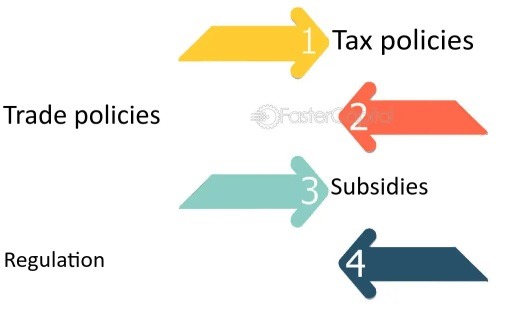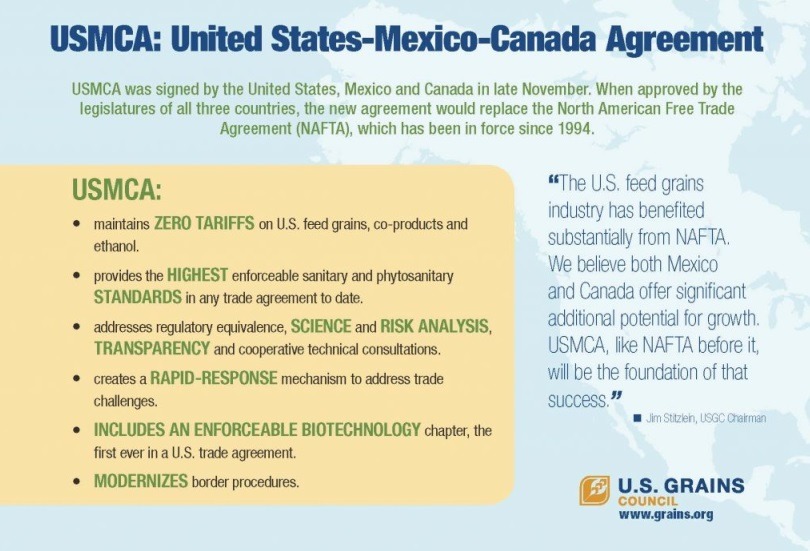
Politics and Distribution: Impact of Government Policies
We have written extensively on the impact of market demand and supply chain efficiency in distribution and wholesale business. But, in the distribution world, success often hinges on more than these two factors. Political factors, including government policies and trade agreements, play a significant role in shaping the operating environment for distribution businesses. In this article, I explore the relationship between Politics and distribution, and the impact of trade agreements on distribution.
Politics and Distribution: Regulations
Government policies can have a direct impact on distribution businesses, influencing everything from market access to pricing strategies. One key area where this impact is felt is in regulation. Regulatory frameworks can vary widely from country to country, affecting how products are imported, stored, and distributed.
For example, stringent environmental regulations may require distributors to adopt more sustainable practices, impacting their operations and costs. Similarly, labor laws can affect hiring practices and employee wages, influencing the overall cost structure of distribution businesses.
Politics and Distribution, Trade Agreements and Market Access
Trade agreements play a crucial role in determining market access for distribution businesses. These agreements can lower tariffs and trade barriers, making it easier and more cost-effective to import and export goods. Conversely, the absence of such agreements can lead to higher costs and limited market access.
For example, the United States-Mexico-Canada Agreement (USMCA) has streamlined trade between the three countries, benefiting distribution businesses by reducing tariffs and simplifying customs procedures. The trade of grains is one example.

On the other hand, businesses operating in regions without favorable trade agreements may face higher costs and regulatory hurdles.
Monetary Policies
Monetary policies, such as interest rate adjustments and quantitative easing, can have a significant impact on distribution businesses. Changes in interest rates, for example, can affect borrowing costs for distributors, influencing their investment decisions and overall financial health. Lower interest rates can stimulate spending and investment, potentially boosting demand for distribution services. Conversely, higher interest rates can increase borrowing costs, leading to reduced investment and spending.
Additionally, monetary policies can influence exchange rates, affecting the cost of imported goods and the competitiveness of domestic products in international markets.
Political Stability and Business Confidence
Political stability is another key factor that can impact distribution businesses. Stable political environments tend to attract investment and promote economic growth, creating favorable conditions for businesses. Conversely, political instability can lead to uncertainty and volatility, affecting business confidence and investment decisions.
For example, the ongoing conflict between Israel and Ukraine has raised concerns about potential disruptions to global supply chains, leading to increased costs and uncertainty for distribution businesses operating in the region. Similarly, the tensions between China and the United States have resulted in trade disputes and tariffs, impacting the cost of goods and the stability of supply chains.
How to Cope with the Impact of Government Policies
Given the significant impact of political factors on distribution businesses, it is essential for companies to adopt a proactive approach to navigate this complex landscape. This includes staying informed about relevant government policies and trade agreements, and actively engaging with policymakers to advocate for favorable conditions.
Furthermore, diversifying supply chains and markets can help mitigate the risks associated with political instability in any one region. By spreading operations across multiple countries and markets, distribution businesses can reduce their exposure to any single political or economic event.
Conclusion
In conclusion, there is a tight relationship between Politics and Distribution. They are a critical consideration for distribution businesses looking to succeed in today’s global economy. By understanding the impact of government policies, trade agreements, and political stability, businesses can better navigate the challenges and opportunities presented by the political landscape. If you want to learn more, give us your information to schedule a meeting.
I hope this article about Politics and Distribution has been helpful to you. I will continue to post information related to warehouse management, distribution practices and trends, and the economy in general. There is a lot of relevant information on our channel. Check this video on business tip to sell your business.
I hope this article about Politics and Distribution has been helpful to you. I will continue to post information related to warehouse management, distribution practices and trends, and the economy in general. There is a lot of relevant information on our channel. Check this video on FDA regulatory risks.


Sorry, the comment form is closed at this time.